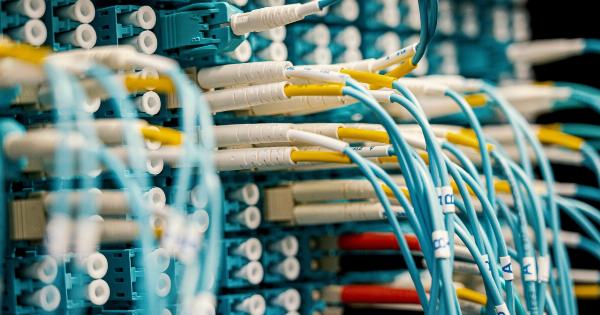Stomach medicines are prescribed to alleviate the symptoms of various gastrointestinal problems such as heartburn, acid reflux, and ulcers.
While these drugs may provide relief, the long-term use of some of these medications can lead to damage to the kidneys.
Types of stomach medicines that can damage kidneys
The following are examples of stomach medicines that can cause damage to kidneys when used for long periods:.
Proton pump inhibitors (PPIs)
Proton pump inhibitors are drugs that block the production of acid in the stomach. They are commonly prescribed for heartburn, acid reflux, and ulcers. However, long-term use of PPIs has been associated with an increased risk of kidney damage.
Studies have shown that PPIs can cause kidney inflammation and damage to the renal tubules, which are essential for filtering waste and controlling electrolyte balance.
H2 blockers
H2 blockers are drugs that reduce the production of stomach acid. They are commonly prescribed for acid reflux and ulcers. However, long-term use of H2 blockers has been associated with an increased risk of kidney damage.
These drugs can interfere with the kidneys’ ability to excrete waste and maintain electrolyte balance.
How stomach medicines damage kidneys?
Stomach medicines may damage the kidneys through various mechanisms, including:.
Interference with proton pumps
Some of the stomach medicines work by blocking the action of proton pumps. These pumps are responsible for secreting acid into the stomach.
When this action is blocked, the acid secretion is reduced, which can cause the pH of the stomach contents to increase. This can lead to the formation of crystals that can damage the kidneys.
Reducing blood flow to the kidneys
Long-term use of some stomach medicines can reduce blood flow to the kidneys, which can lead to kidney damage.
Decreased blood flow to the kidneys can cause damage to the renal tubules, the structures that are essential for filtering waste from blood and maintaining electrolyte balance.
Interfering with electrolyte balance
Stomach medicines can also interfere with electrolyte balance, which can lead to kidney damage. Electrolytes are minerals in the body that help regulate various bodily functions.
When electrolyte balance is disrupted, it can lead to a range of health problems, including kidney damage.
Symptoms of kidney damage
The following are examples of symptoms of kidney damage:.
Increased blood pressure
When the kidneys are damaged, they may not be able to regulate blood pressure, leading to hypertension.
Swelling of feet and ankles
Swelling of feet and ankles may occur when the kidneys are not functioning properly and fluid accumulates in the tissues.
Changes in urination
Kidney damage may cause changes in urination, such as decreased urine output or dark urine.
Fatigue and weakness
When the kidneys are not functioning properly, it can lead to fatigue and weakness.
Prevention of kidney damage
To prevent kidney damage from stomach medicines, it is important to use these drugs carefully and for a short period. Patients should also be monitored for signs of kidney damage, such as increased blood pressure and changes in urination.
Patients with preexisting kidney disease or at high risk for kidney problems should be cautious when taking stomach medicines.
Treatment of kidney damage
If a patient has kidney damage from stomach medicines, treatment may include discontinuing the medication, managing blood pressure, and providing supportive care to the kidneys. In some cases, dialysis or kidney transplant may be necessary.































